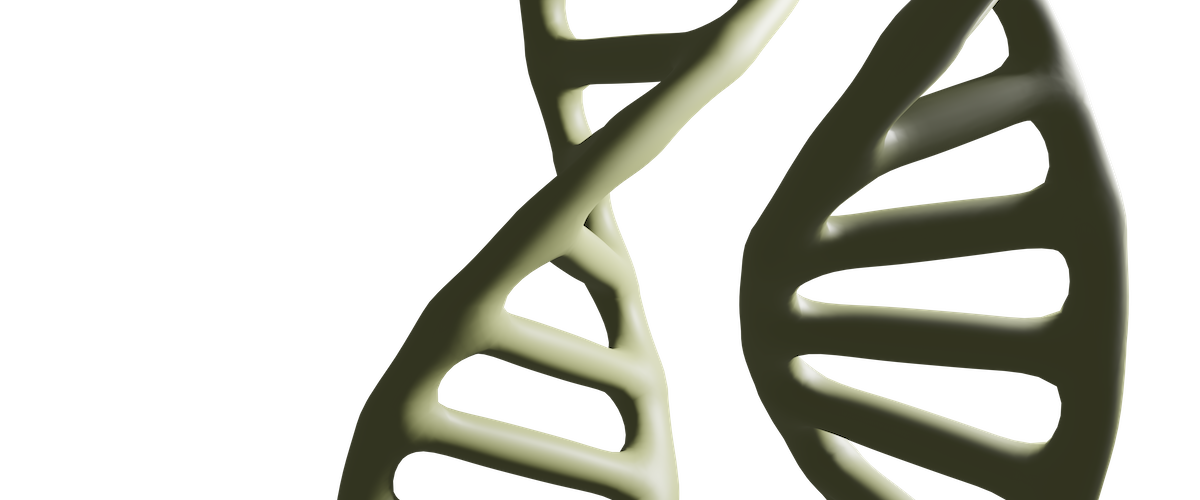
Genetic variation
rs12138950
Overview
rs12138950 is a genetic variant.
This variant is located on chromosome 1. The variations at position 19512621 are the genetic letters A/A, C/C, A/C
Since humans have each twice (one from each parent), these letter-variations occur on both chromosomes. People can have the same or different letters on both chromosomes. Every person's individual variation combination is referred to as genotype. For variant rs12138950 there are 3 currently known genotypes : A/A, C/C or A/C
Short Overview
Variant Location
rs12138950 is located on gene in chromsome 1. Use the genome browser to explore the location of rs12138950 and its genetic neighbourhood.
Conditions & Traits
rs12138950 affects the following conditions and traits:
There are currently 0 conditions and 0 traits associated with rs12138950.
Pathogenicity
rs12138950 affects the following conditions:
There are currently 0 conditions associated with rs12138950.
Pharmacogenetics
We do not have any data that links rs12138950 to any drugs.
Diagnostics
rs12138950 is commonly tested together with other variants on the same gene.
Genome Browser
This interactive browser visualizes what no human can see with the naked eye - our DNA. From a down to a specific position on a . The position you are looking at here is the exact location of variant rs. Explore more variants and their effects on the body by browsing left and right along the DNA strand.
Did you know genetic variants affect drugs?
Mutations are changes in genes and genetic variations are differences in the DNA among people. Variants are tiny changes in just one piece of the DNA while haplotypes are groups of these changes that usually come together.
Dr. Wallerstorfer
Conditions & Traits of rs12138950
Current research shows 0 conditions and 0 traits.
Diagnostics
rs12138950 is commonly tested together with other variants on the same gene.
Genotype Distribution
Knowing your genome can actually tell you a lot about your ancestors.
The prevalence of the different genotypes is based on the native inhabitants of a region. In the map below you see how common each genotype is in the native inhabitants of those regions. Since genetic material is passed down form generation to generation, your DNA shows traces of the geographical origins of your ancestors.
This data is based on “The 1000 Genomes Project” which established one of the most detailed overviews of human genetic variations across the globe. The regions are broadly categorized into five continental groups: Africa, America, Europe, South Asia and East Asia. All continental groups together display the global prevalence. Click through the regions, to learn more about the local prevalence of the possible genotypes.
At present, there is no distribution data available for SNP 12138950. 12138950.
Studies and Sources
All of the resources below examine variant rs12138950
Alexander Teumer, Rajesh Rawal, Georg Homuth, Florian Ernst, Margit Heier, Matthias Evert, Frank Dombrowski, Uwe Völker, Matthias Nauck, Dörte Radke, Till Ittermann, Reiner Biffar, Angela Döring, Christian Gieger, Norman Klopp, H-Erich Wichmann, Henri Wallaschofski, Christa Meisinger, Henry Völzke
Jennifer R Malinowski, Joshua C Denny, Suzette J Bielinski, Melissa A Basford, Yuki Bradford, Peggy L Peissig, David Carrell, David R Crosslin, Jyotishman Pathak, Luke Rasmussen, Jennifer Pacheco, Abel Kho, Katherine M Newton, Rongling Li, Iftikhar J Kullo, Christopher G Chute, Rex L Chisholm, Gail P Jarvik, Eric B Larson, Catherine A McCarty, Daniel R Masys, Dan M Roden, Mariza de Andrade, Marylyn D Ritchie, Dana C Crawford
Wei Zhou, Ben Brumpton, Omer Kabil, Julius Gudmundsson, Gudmar Thorleifsson, Josh Weinstock, Matthew Zawistowski, Jonas B Nielsen, Layal Chaker, Marco Medici, Alexander Teumer, Silvia Naitza, Serena Sanna, Ulla T Schultheiss, Anne Cappola, Juha Karjalainen, Mitja Kurki, Morgan Oneka, Peter Taylor, Lars G Fritsche, Sarah E Graham, Brooke N Wolford, William Overton, Humaira Rasheed, Eirin B Haug, Maiken E Gabrielsen, Anne Heidi Skogholt, Ida Surakka, George Davey Smith, Anita Pandit, Tanmoy Roychowdhury, Whitney E Hornsby, Jon G Jonasson, Leigha Senter, Sandya Liyanarachchi, Matthew D Ringel, Li Xu, Lambertus A Kiemeney, Huiling He, Romana T Netea-Maier, Jose I Mayordomo, Theo S Plantinga, Jon Hrafnkelsson, Hannes Hjartarson, Erich M Sturgis, Aarno Palotie, Mark Daly, Cintia E Citterio, Peter Arvan, Chad M Brummett, Michael Boehnke, Albert de la Chapelle, Kari Stefansson, Kristian Hveem, Cristen J Willer, Bjørn Olav Åsvold